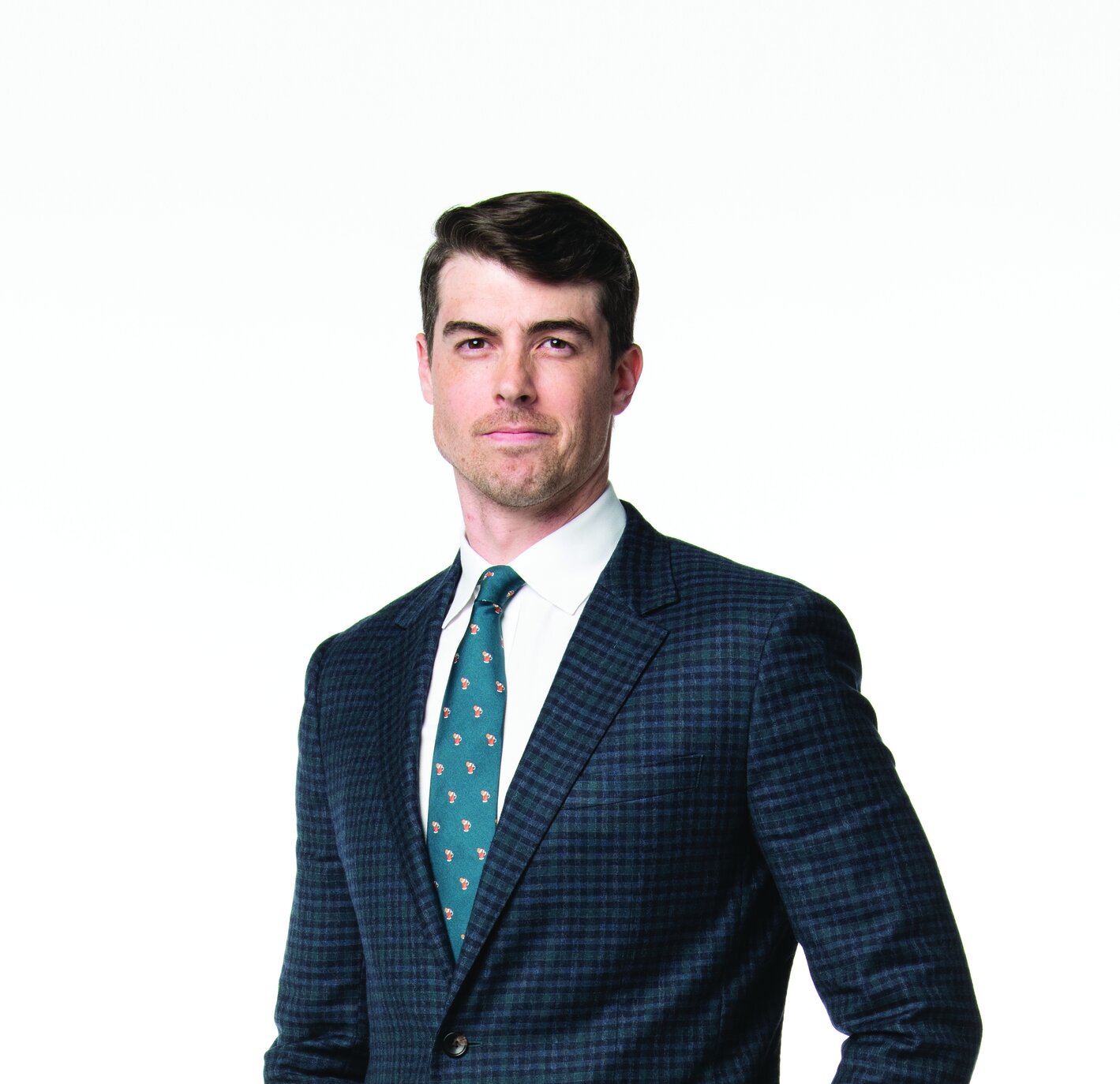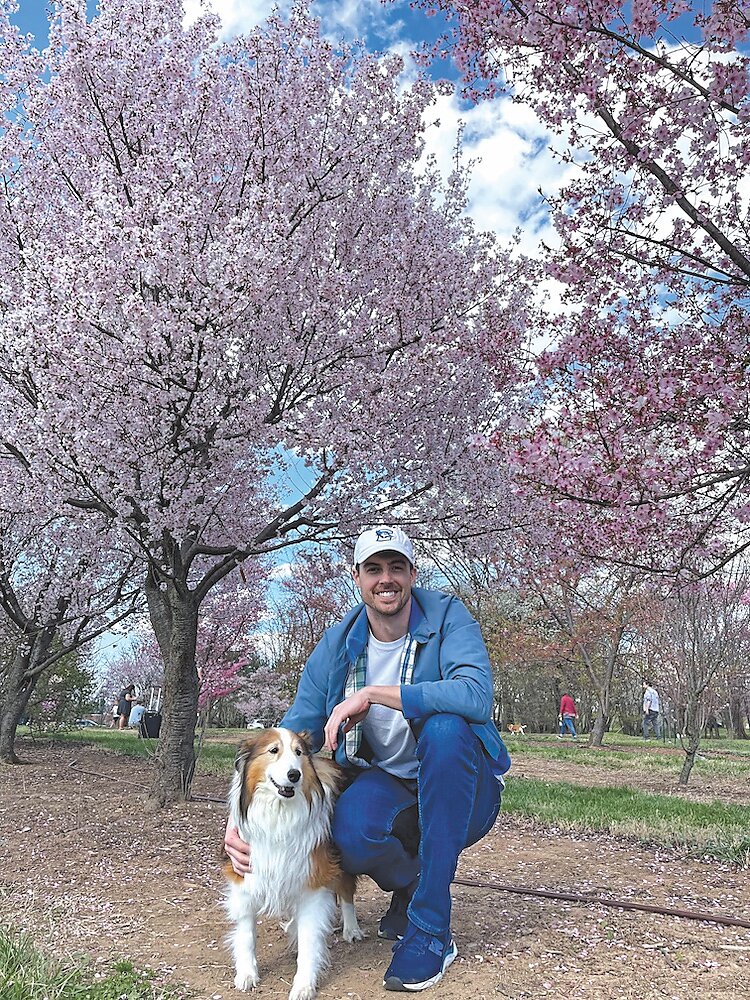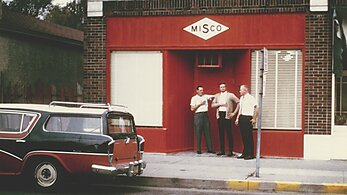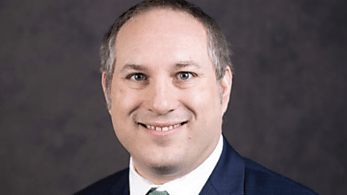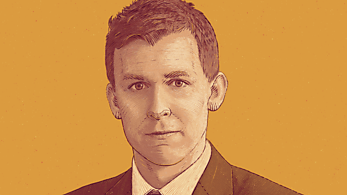Hosner has helped grow Young Voices, a nonprofit organization that trains people aged 18–35 on how to get their writing published in newspapers. Many of these young writers wish to be journalists or advance liberty in other ways—and many were once Cato interns. Several Cato scholars sit on the Young Voices board, including Marian L. Tupy, founder and editor of HumanProgress.org.
Cato has long been a top draw for college-aged free thinkers who are tired of polarization and policymaking that looks only to the next 4 years rather than the next 40. And it’s not just graduates of elite schools who get their start at the Institute.
“They could have chosen anybody from nearby Georgetown to work with scholars like Clark Neily [senior vice president for legal studies],” Hosner says. At the time of his Cato internship, Hosner was a law student at Creighton University in Nebraska. “They took a chance on me, and it was an incredible validation. But I had to perform. All my legal research for Cato’s scholars had to be an A+ effort. That professional growth was very important for me.”
